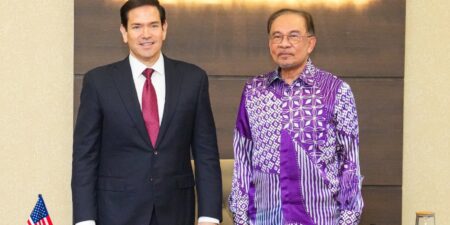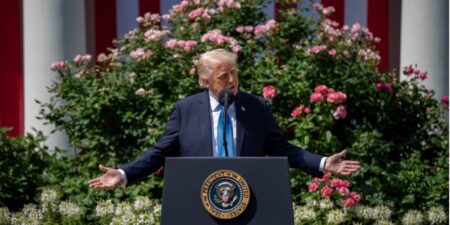The BGA Philippines Team, led by Managing Director Victor Andres Manhit, wrote an update to clients on the Philippines’ 2025 economic prospects.
Context
- The shifting global landscape highlights the Philippines’ need to create a favorable policy environment that attracts foreign investment and solidifies its position in the Indo-Pacific supply chain. With the election season underway in the Philippines, ensuring good governance, responsive leadership and a stable policy framework is essential to sustaining economic momentum and securing the nation’s future. This focus is critical not only for driving growth but also for addressing persistent challenges, such as inflation and external pressures, and enhancing resilience to global uncertainties.
- Achieving economic security in the Philippines requires a comprehensive approach that integrates human, environmental and energy security. Structured in this way, the strategy could support individual well-being, national stability and global competitiveness.
Significance
- The Philippines’ GDP grew by 5.2 percent year on year in the third quarter of 2024, based on the latest data from the Philippine Statistics Authority. This growth was driven by wholesale and retail trade, including repair of motor vehicles and motorcycles (5.2 percent), financial and insurance activities (8.8 percent) and construction (9 percent).
- Headline inflation in the Philippines rose to 2.5 percent in November 2024 from 2.3 percent in October, bringing the January-November average to 3.2 percent, according to the Philippine Statistics Authority. The increase was primarily driven by food and nonalcoholic beverages, with food inflation rising to 3.5 percent. Core inflation, which excludes selected food and energy items, increased to 2.5 percent from 2.4 percent.
Implications
- Multilateral institutions maintain an optimistic outlook on the Philippine economy for 2025. The International Monetary Fund forecasts the Philippine economy to grow 6.2 percent, supported by stronger consumer demand, increased investments and recovering exports. The World Bank projects a 6.1 percent growth rate, emphasizing the Philippines’ strong performance among emerging markets. The Asian Development Bank also maintained its growth forecast at 6.2 percent, citing broad-based domestic demand supported by lower inflation and interest rates.
- As the Philippines begins 2025, it is well-positioned to build on its progress through responsive governance and strategic economic policies. Prioritizing a favorable business environment, attracting investment and addressing challenges like inflation, unemployment and poverty can help sustain economic momentum. Strengthening reforms and deepening partnerships with nations like the United States and Japan further support inclusive growth and stability. Effective governance, grounded in transparency, accountability and the rule of law, ensures responsive institutions and strengthens global partnerships.
We will continue to keep you updated on developments in the Philippines as they occur. If you have any comments or questions, please contact BGA Philippines Managing Director Victor Andres “Dindo” Manhit at vmanhit@bowergroupasia.com.
Best regards,
BGA Philippines Team

Managing Director
Dindo is recognized as one of Manila’s most well-connected and savvy advisors on developments in government and business in the Philippines. Concurrent to his role as managing director for BGA’s operations in the Philippines, he is also the founder and managing director of the Stratbase Group and president of its policy think tank, the Albert del Rosario Institute for Strategic and International Studies. Since 1991, Dindo has served as a member of the faculty and is the former chair of the Political Science Department and a senior fellow of the La Salle Institute of Governance at the De La Salle ...
Read More


























